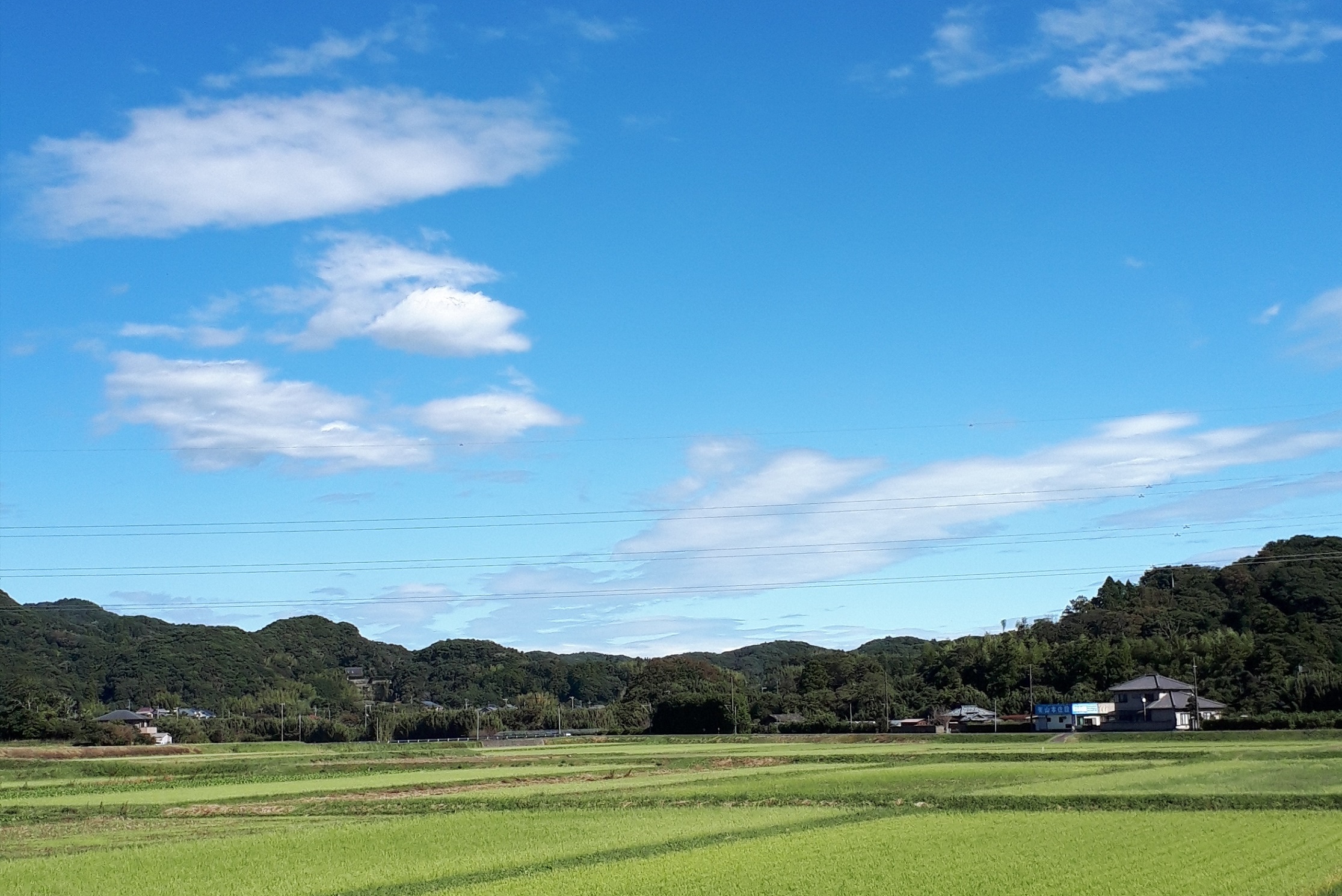七福神で、唯一人、日本由来の神様と言えば、えびす様ですが、この神様は竿で鯛を釣り上げている姿が有名です。その意味は、「釣りして、網せず」ということだそうです。これが、長い目で見た商売繁盛の秘訣なのです。商売は、適度の規模で適度の利益を上げて永続させるもので、大網を張って、更に、その網を大きくして、社会の利益を独占するものではないということを教えてくれているのです。
翻って、アメリカ人から教わった現代の大規模ビジネスは、どこに向かって進んでいるのでしょうか。海山を崩す勢いで大網を広げて、自分達だけの目先の利益を追求するその姿勢は、えびす様の「釣りして、網せず」とは、正反対のものです。短期的繁栄を達成しても、長期的に見れば、自滅行為です。自分達が生かされている自然環境の破壊については言うまでもありませんが、大規模ビジネスが生み出す商品やサービスを消費する一般大衆の大部分は、大規模ビジネスによって押し潰されかかっている中小零細企業の従業員です。この人達の購買能力を低下させて、自分達ばかりの繁栄は有り得ないのです。
Speaking of the seven deities of good fortune, the only person who is from Japan, is Ebisu, but this god is famous for catching sea bream with a rod. The meaning is that it means “fish and not net.” This is the secret of prosperous business in the long run. It teaches us that business should not end up by monopolizing the interests of society, but it should make a good profit on a moderate scale and make it last forever.
On the other hand, where is the modern large-scale business taught by Americans going? The attitude of spreading the large net with the force to break the seamount and pursuing the immediate profits of ourselves is the opposite of Ebisu’s “fishing, not netting”. Achieving short-term prosperity is self-defeating in the long run. Not to mention the destruction of the natural environment in which we are alive, but most of the general public who consume the products and services produced by large-scale businesses are employees of small and medium-sized enterprises that are being crushed by large-scale businesses. It is impossible for large-scale businesses to prosper themselves by reducing the general public’s purchasing ability.

